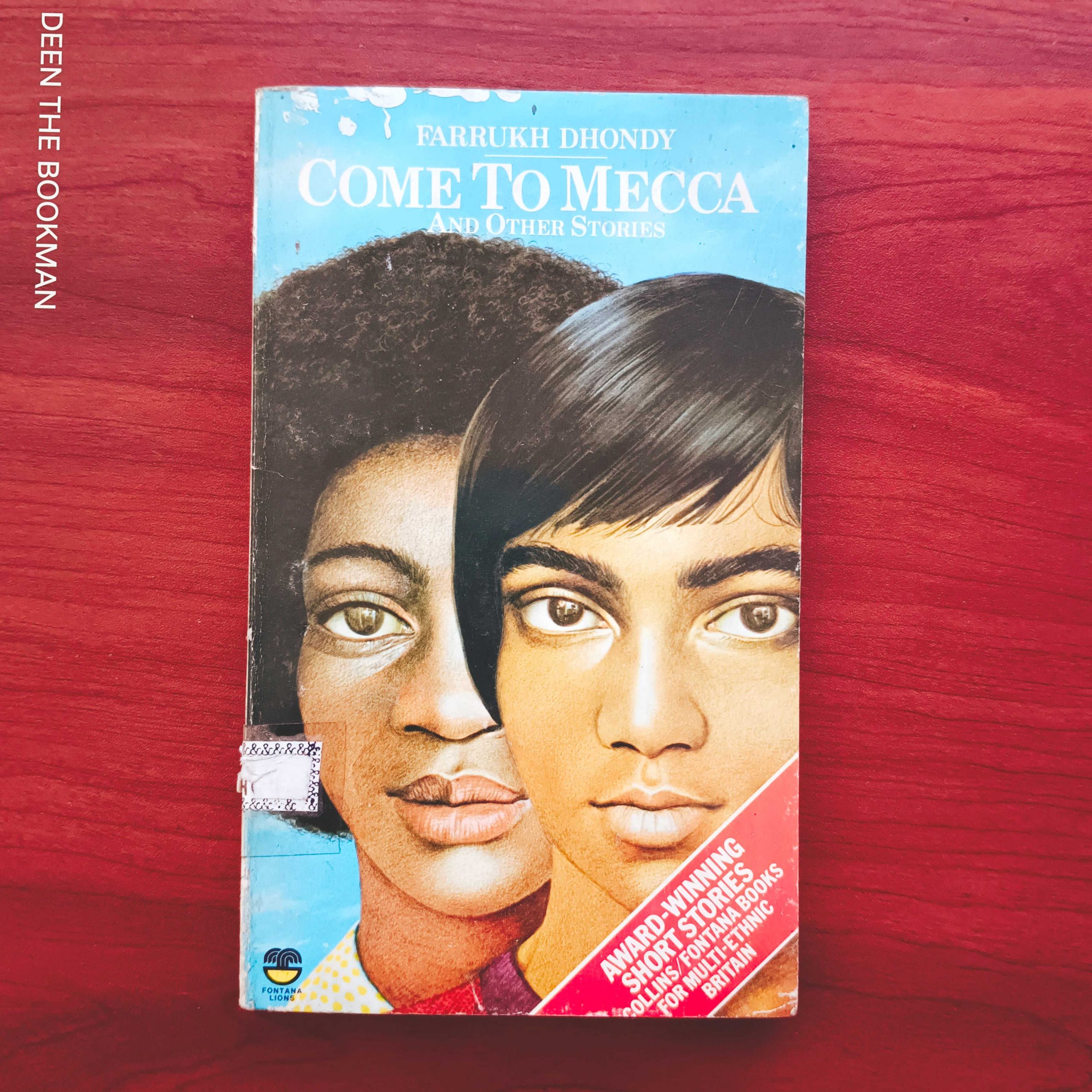Come to Mecca and other stories by Farrukh Dhondy
1 in stock
රු500.00
Come To Mecca: narrated with a first-person with the introduction of Shahid and his uncle, the masterji, the school teacher back in the village. Dhondy introduces the Islamic salute ‘Salaam-aleikum’ and its reply ‘as-aleikum-salaam’. (11) The setting is again The East End. Shahid is Bengali. Shahid and the unnamed narrator worked in a factory where Hindi workers worked faster to the rhythm of Hindi songs. They both were sacked by the governor who is white, understood little Bengali and controlled their pauses and breaks. Shahid and the unnamed narrator referred to their governor as the ‘gaffer’. Bengalis were blamed for being late on their contract. Young ones were blamed for thinking of ‘heta’ ‘a dirty word’, we are told, while ‘the old ones thought of ‘taka’ (money)’ (13). The masterji holds a meeting an encourages the workers to go on strike because ‘We didn’t come to this country to be slaves’ and be paid 50p a day. (15) On strike, the placards read: pay us fair rates, in Bengali. (15) Cafes in Brick Lane were the place where Bengalis out of work drank endless cups of teas. Cafes at brick lane don’t usually host white women, Bengali girls never come to this kind of place, Ugandan people come, and stylish Punjabi girls too with their boyfriends. The boys only go to the West End when they have money. The boys would tell loads of lies about their adventures in the West End; its gambling casinos, dance halls, white girls. The boys were ‘aimless’ in the city. (19) The boys, mainly Shahid and the unnamed narrator, were told by a white female reporter/translator that ‘we were not only part of the Bengalis but also we were part of the working class and we should forget about Bengalis only.’ (20) The unnamed narrator learns that ‘working class are third-class people’ (20 whereas Betty, the british newspaper reporter, tells him thats what newspapers wanted them to believe since newspapers such as the Sun was against workers. Dhondy uses Shahid’s sexual desires, not to exploit him by white female characters, but to guide them to the right path, to make him understand. ‘It seemed to me that Shahid loved listening to her voice, even though I’m sure he didn’t understand half the things she was saying. She explained that all workers should be socialist and that communism comes after. Betty acted as their political and social advisor convincing them to join a union to fight against the National Front and fight for the rights of all Asians in England. the story ends with Shahid throwing a pile of papers that is calling for the fighting of the Nazi Front and with his disappointment that she was using him for her own political purposes. The unnamed narrator acts as Shahid double character who comments on events with a critical distance.


